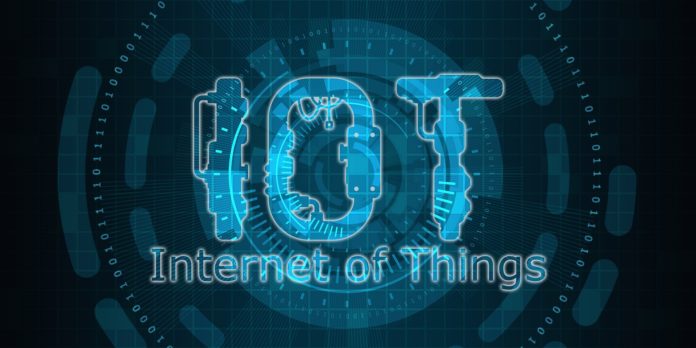The Internet of Things (IoT) doesn’t just present reality. It is a shaker and mover for the entire digital reality we live in. No wonder IoT has a huge impact on mobile app development as well.
Before we figure out the key aspects of IoT’s impact on the mobile app development process, let’s understand the basic definition of IoT and how it works.
What Exactly is the Internet of Things (IoT)?
The Internet of Things (IoT), by using the most uncomplicated terms, is defined as the connected ecosystem of devices. To put it in simple words, we can find many internet-ready devices to remain connected through a network to carry out various tasks.
Now, this Internet of Things (IoT) can easily be found in our homes, workplaces and various other commercial establishments. Thanks to this deployment of the Internet of Things, we can carry out tasks faster and smarter to allow more scope of automation while reducing human involvement.
The Impact of IoT on Mobile App Development
As the ecosystem of connected devices, the Internet of Things (IoT) often finds mobile apps to be at the very center of control for various devices and their respective tasks. Naturally, the impact of IoT on mobile apps is huge. Here we are going to explain this impact in a few facets.
Boosting Innovations in Businesses
The emergence of IoT is allowing innovations in businesses in a multitude of ways. From the on-demand ride-sharing apps like Uber and Lyft to the on-demand food and grocery delivery apps to the use of real-time vehicle monitoring apps and sensor-based systems, the connected ecosystem of gadgets is spearheading innovations in more ways than one.
Thanks to the connected ecosystem of gadgets, businesses can easily grab user data through a connected mobile app that can help grasp the latest user needs, market trends, and business opportunities. Thanks to IoT technology, businesses can solve user problems and cater to user demands in real-time.
Concerns Over Data and Network Security
There is growing concern over data and network security corresponding to the connected IoT devices. Since IoT gadgets’ connected ecosystem offers many data entry points, this causes a tremendous threat to app security. Because of the disintegrated network-connected devices, cybercriminals can easily exploit the data from various entry points.
These security concerns corresponding to the IoT apps are continuously transforming the mobile apps. It became imperative for the developers and strategists to develop IoT entrenched mobile apps to ensure optimum safety, security and data privacy.
While enterprises always look forward to exploiting the great IoT advantages to ensure smarter operation, they have to work hard to protect the data and safeguard the app from security vulnerabilities.
In this respect, the emergence of Blockchain must be taken into consideration. Keeping pace with the proliferation of IoT devices, now many enterprises started to use decentralized Blockchain databases that cannot be tampered with while allowing optimum accessibility to data.
App Becoming the Center of the Business Process
Thanks to the Internet of Things (IoT), multiple devices can now be connected through a network, allowing developers to manage a centralized platform from where entire business processes can be managed.
The modern DevOps approach of mobile app development further creates scope for building apps where both the developers and operations staff can collaborate for carrying out various tasks for keeping their business operational.
With the mobile apps offering a centralized platform, operations and project management gets more comfortable than ever before. Coordinating across inventory management, sales team, on-road or field staff, and strategists become tremendously easier through the central data-driven mechanism that pulls up data from different fronts. Thanks to the Internet of Things-based mobile apps, the business processes can enjoy more coordination and collaboration than ever before.
More Scopes of Customization and Interactions
There is hardly any overstatement in the fact that IoT can boost customization and ensure more interactive elements in mobile apps. IoT, by its very nature, can allow a lot of options for personalization.
Thanks to this, a company’s mobile application can always remain relevant and fully customer-centric with all the functionalities that allow multiple devices to interact. This helps businesses to build highly feature-rich mobile apps that stay above the competitive curve.
For an enterprise mobile app trying to get the most out of customization and personalized experience, IoT technology can make great contributions. Thanks to IoT, enterprises can allow more automation while fulfilling their customers and internal users’ needs.
Conclusion
The impact of IoT on mobile app development has been a key mover and shaker for the digital automation efforts across enterprises. As mobile apps and connected devices continue to play a more dominant role in transforming the business processes, this impact is going to be more robust and eta is defining in the years to come. It is up to the mobile app development companies and enterprises to consider how they can take advantage of IoT for their app strategy.




































